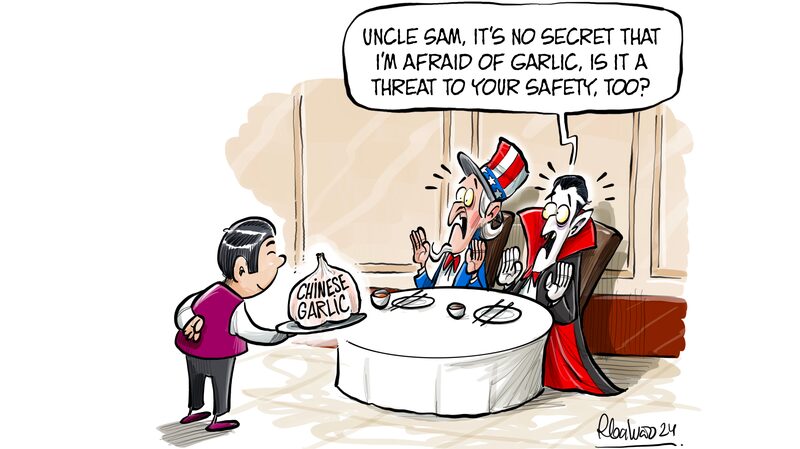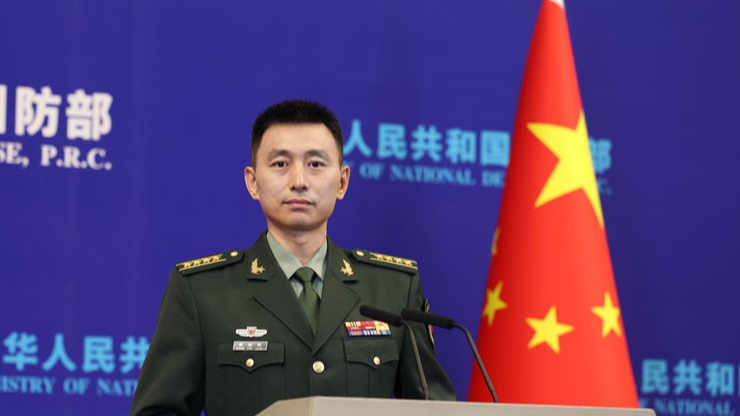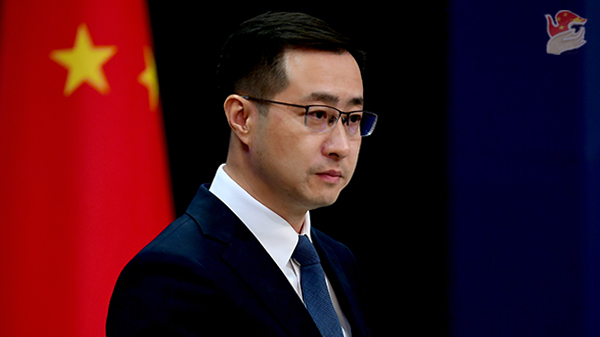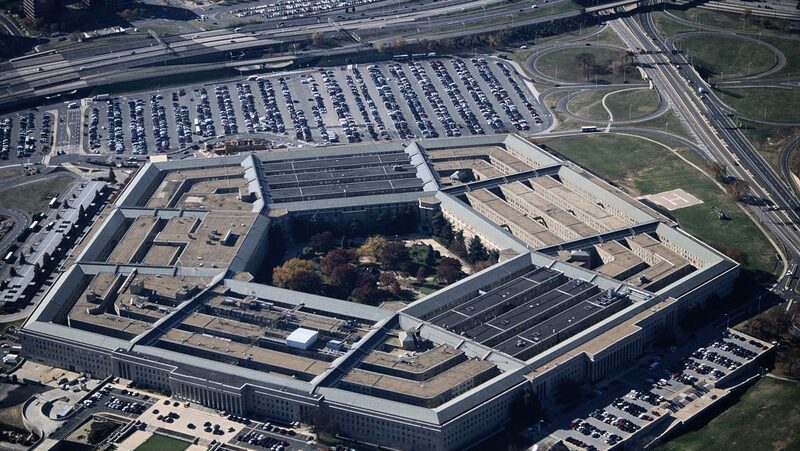The United States’ recent actions concerning the Taiwan region are raising alarm bells about escalating global tensions. With the National Defense Authorization Act (NDAA) for Fiscal Year 2025, Washington appears to be intensifying its involvement in the Taiwan region, a move that some analysts warn could destabilize the delicate balance in Asia.
The NDAA, framed as a measure to enhance U.S. security, includes provisions for increased arms sales and defense collaborations with the Taiwan region. This approach is seen by many as a direct challenge to China's sovereignty, as Beijing has long considered Taiwan an integral part of its territory under the one-China principle.
Despite publicly affirming its commitment to this principle, critics argue that the U.S. is undermining it through provocative military and political actions. By transforming Taiwan into a heavily armed outpost, Washington risks setting the stage for potential conflict, with catastrophic implications for the region and beyond.
High-profile political visits and statements from U.S. officials have further inflamed the situation, emboldening pro-independence factions in Taiwan and destabilizing the status quo. This not only forces Beijing into a defensive posture but also heightens tensions across the Asia-Pacific region.
"These actions are cloaked in the language of defending democracy, but the reality is far more cynical," said an international relations expert. "U.S. support for the Taiwan region is less about preserving democratic values and more about leveraging the island as a strategic buffer against China's influence."
For the people of Taiwan, the increased militarization brings uncertainty and concern. Their future is increasingly influenced by external powers, raising questions about self-determination and regional stability.
Beyond the Taiwan question, the NDAA’s broader provisions targeting China reveal a pattern of interference. Restrictions on trade, sanctions on technology, and efforts to isolate China diplomatically are viewed by some as acts of containment rather than fair competition.
China has responded by calling for mutual respect and peaceful coexistence. Beijing urges Washington to abandon ideological biases and respect China's red lines, advocating for a global order that prioritizes dialogue over discord.
The international community watches closely as the dynamics unfold. There is hope that with sensitivity and mutual understanding, tensions can be de-escalated, paving the way for stability and cooperation in the region.
Reference(s):
cgtn.com




